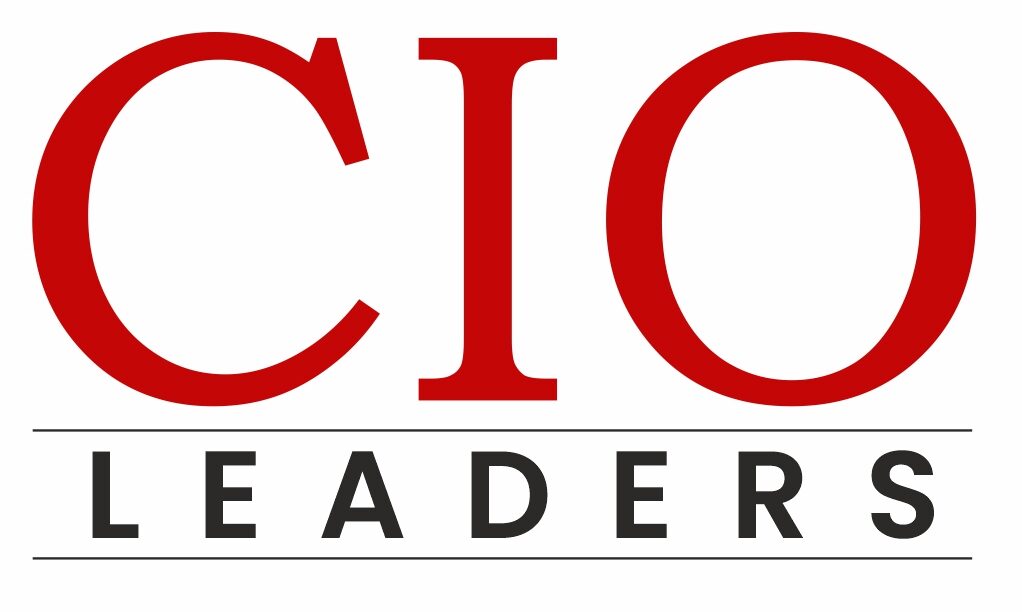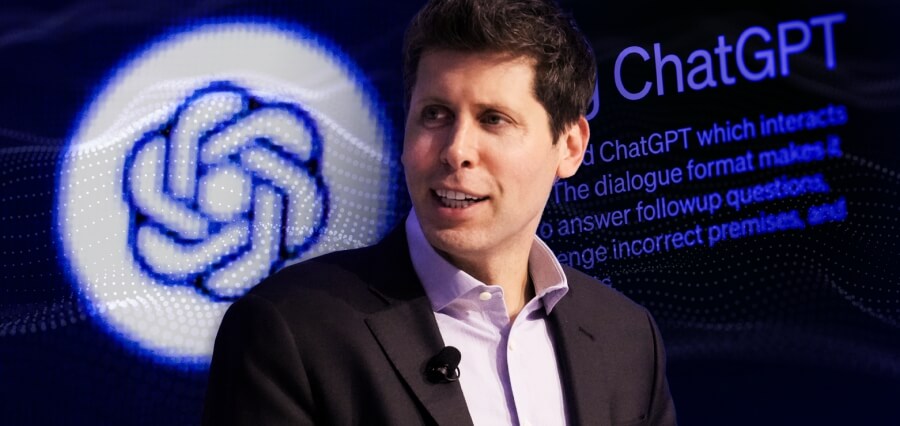Additionally, the company’s board has undergone significant changes. The difficult part is about to begin.
The power struggle within OpenAI that sparked interest in the tech community following the dismissal of co-founder Sam Altman has now ended, at least temporarily. So what are we to make of it?
It’s almost as if some eulogising is in order—as if OpenAI has passed away and a new, albeit not necessarily better, startup has emerged in its place. Altman, the former president of Y Combinator, is back in charge, but is his reappointment warranted?
The new board of directors at OpenAI is all white and male, which is a less diverse start, and the company’s original charitable goals run the risk of being subverted by stronger capitalist forces.
That is not to say that the previous version of OpenAI was flawless.
OpenAI’s board of directors consisted of six people as of Friday morning: Quora CEO Adam D’Angelo, tech entrepreneur Tasha McCauley, OpenAI president Greg Brockman, chief scientist Ilya Sutskever, and Helen Toner, director of Georgetown’s Centre for Security and Emerging Technologies. The board possessed complete decision-making authority over the for-profit OpenAI’s operations, investments, and general strategy, and was officially affiliated with a nonprofit that held a majority stake in the company’s for-profit division.
Altman and the other co-founders of the company created OpenAI’s unique organisational structure with the best of intentions. The board will make decisions to ensure “that artificial general intelligence benefits all humanity,” according to the nonprofit’s remarkably concise (500-word) charter. The members of the board will have to decide how best to interpret this. This North Star document makes no mention of “profit” or “revenue.” Toner allegedly previously informed Altman’s executive team that causing OpenAI to fail “would actually be consistent with the [nonprofit’s] mission.”
Perhaps in a different universe, the setup would have been successful; at OpenAI, it seemed to function satisfactorily for many years. However, things got… trickier when powerful partners and investors got involved.
The majority of OpenAI’s 770 employees were not informed when the board abruptly fired Altman on Friday, and the company’s supporters expressed their displeasure in both public and private forums.
The CEO of Microsoft and a key partner of OpenAI, Satya Nadella, was reportedly “furious” to hear of Altman’s departure. Another supporter of OpenAI, Vinod Khosla, the founder of Khosla Ventures, stated on X (formerly Twitter) that the fund desired Altman’s return. If talks over the weekend to reinstate Altman didn’t go their way, Thrive Capital, the previously mentioned Khosla Ventures, Tiger Global Management, and Sequoia Capital were reportedly considering taking the board to court.
Now, despite appearances to the contrary, OpenAI staff members were in line with these investors. Conversely, nearly every one of them—including Sutskever, who seemed to have a change of heart—signed a letter threatening to resign in unison from the board if they chose not to change their direction. However, one must keep in mind that, even putting aside job offers from Microsoft and Salesforce, these OpenAI employees had a lot to lose should OpenAI fail.
OpenAI and Thrive had been in talks about selling employee shares, which would have increased the company’s valuation from $29 billion to approximately $80 billion to $90 billion. The abrupt departure of Altman, coupled with OpenAI’s succession of dubious acting CEOs, caused Thrive to become uneasy and threatened the sale.
However, after a few tense, hair-raising days, a compromise has been reached. Altman has returned, along with Brockman, who resigned on Friday due to disagreement with the board’s decision. However, a background check into the issues that led to his dismissal is still ongoing. Having a new transitional board, OpenAI has complied with one of Altman’s requests. Furthermore, OpenAI is said to keep its current organisational structure, which caps investor profits and gives the board discretion over non-revenue-driven choices.
Marc Benioff, CEO of Salesforce, announced on X that “the good guys” prevailed. However, it might be too soon to say that.
Read More: https://thecioleaders.com/

